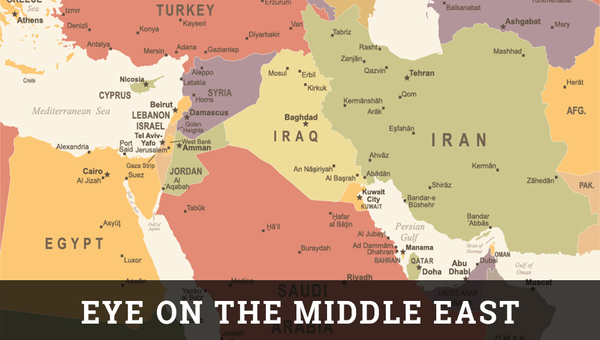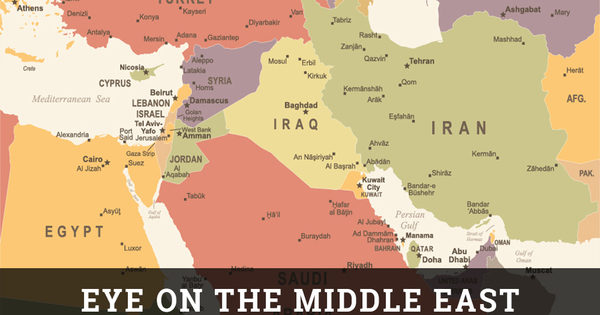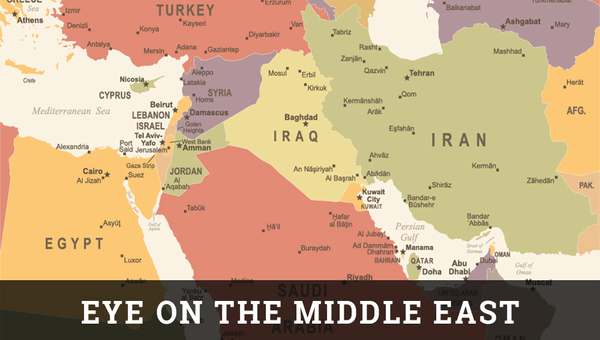Home » Geopolitics » Middle East » Page 2
Middle East
Soeren Kern, a geopolitical analyst and writing fellow for the Middle East Forum, joins us today on the Christian Worldview Radio Program to explain many of the issues surrounding the Israel-Hamas war.
The recent round of hostilities between Israel and Palestinian militants in the Gaza Strip has sparked a debate over Israel’s continued acceptance of an Islamist stronghold on its southern border that is committed to the destruction of the Jewish state.
Historical archrivals Iran and Saudi Arabia recently agreed to reestablish diplomatic relations, ending seven years of bilateral estrangement.
The United Nations General Assembly recently asked the International Court of Justice (ICJ) to provide a legal opinion about Israel’s “occupation” of the so-called Palestinian territories.
Russia’s use of Iranian-made unmanned drones in its war against Ukraine is forcing Israel to step up its own defenses against such weapons, as analysts warn that Ukraine is a testing ground for a future Iranian war against Israel.
Israel and Lebanon, two long-time adversaries that are technically at war, recently reached an agreement on where to demarcate the maritime border between their countries.
Recent clashes between the Israel Defense Forces (IDF) and Palestinian Islamic Jihad (PIJ) have underscored Iran’s growing influence in the Gaza Strip.
The European Union has signed a memorandum of understanding with Israel that eventually could see significant quantities of Israeli natural gas shipped to Europe via Egypt.
Israeli President Isaac Herzog recently visited Turkey in a bid to normalize bilateral ties after more than a decade of diplomatic rupture due to disputes over the Palestinian issue.
The Biden administration recently withdrew its support for the Eastern Mediterranean (EastMed) pipeline designed to transfer natural gas from Israel to Europe.
Morocco recently established full diplomatic relations with Israel as part of the Abraham Accords, an effort by the United States to forge normalization agreements between Israel and Arab states to build a united front against Iran.
Israel and Lebanon recently initiated groundbreaking negotiations to resolve a long-standing maritime border dispute in the eastern Mediterranean. Resolution of the dispute could lead to developing the potentially lucrative natural gas fields that would benefit both sides.






